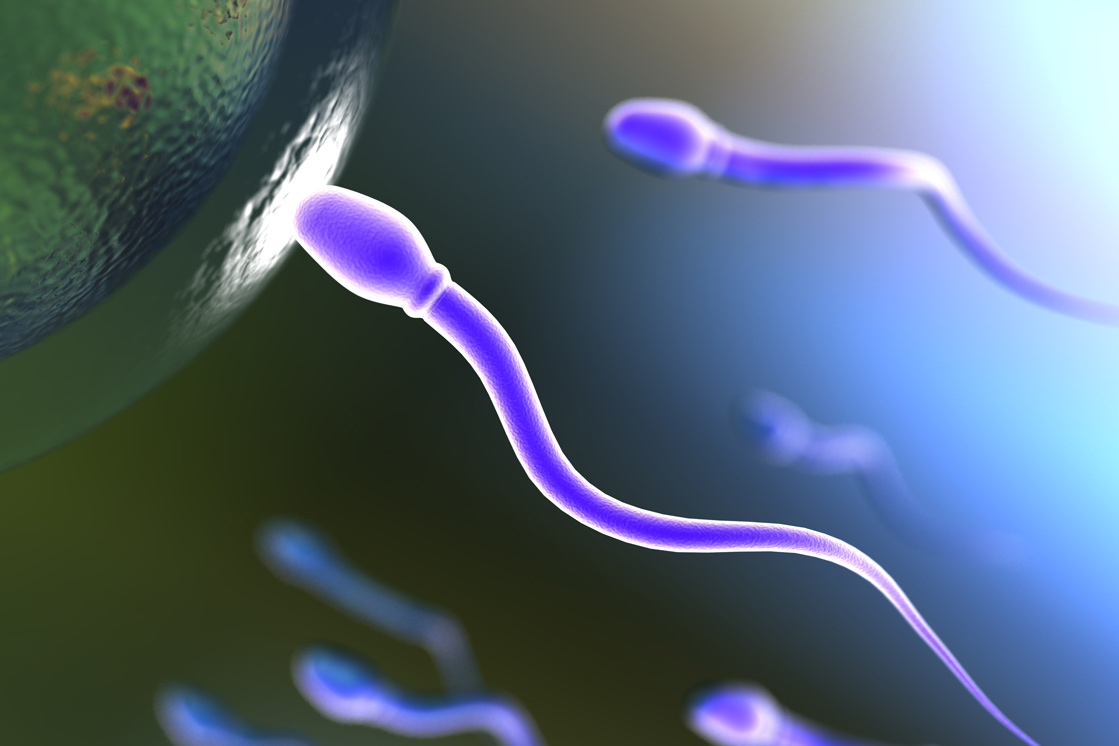What causes infertility? Is it genetics? How we live our life? Are fertility problems preventable? In this month’s blog Dr Amin Gorgy, Fertility Consultant and Medical Director of The Fertility & Gynaecology Academy in London, explores the causes of infertility in women and men.
Although most couples (84 in 100) will get pregnant in 12 months if they have regular unprotected sex, many are not so lucky. Even celebrities have fertility issues. In the UK, around 3.5 million people (1 in 7) are considered infertile – that’s quite a significant number. Infertility is usually only diagnosed after a year or trying for a baby as there may not be any obvious symptoms other than not getting pregnant. Although 75% of couples will be able to ascertain a cause with the help of a fertility specialist, unfortunately, for 25% of couples a cause cannot be identified. This is what we call unexplained infertility.
What are the major causes of infertility?
Dr Gorgy explains: “Although infertility is most commonly thought of as being a female problem, it can be caused by both issues with the male and female partner. In fact, in 50% of cases the cause of infertility is attributed to the female factor and 20-30% are attributed to the male factor with remaining 20-30% due to both. At The Fertility & Gynaecology Academy we see many patients who feel they themselves are to blame for their fertility issues but the reality is that nobody is to blame for infertility.”
Causes of infertility in women
Female infertility can be caused by a wide variety of different reasons, but we have outlined the major causes of female infertility below:
Ovulatory disorders (Issues with ovulation): Occurring as part of a hormone imbalance within the ovaries, pituitary gland or hypothalamus, ovulatory disorders can be caused by many factors including weight gain or loss, extreme stress and also Polycystic Ovary Syndrome (PCOS). PCOS a hormonal imbalance which causes the egg-containing follicles in the ovaries to become swollen cysts. This in turn prevents the follicles from developing properly and affects egg ovulation each month. PCOS is very common, affecting around 30% of women with infertility. Symptoms of PCOS include irregular periods, excess facial or body hair, acne and weight gain associated with the high levels of androgen in the body.
Problems with fallopian tubes: The fallopian tubes play a crucial part in female fertility and the natural conception process. The fallopian tube is where the sperm will fertilise the egg and then the fertilised egg (embryo) travels down to the uterus. However, blockages can occur in the fallopian tubes, usually as a result of previous infection or scarring from abdominal surgery. A blockage in the fallopian tubes means that the egg is unable to meet the sperm and be fertilised naturally.
Endometriosis: Endometriosis is a condition which affects the pelvis – tissue that is very similar to the lining of the womb grows outside of the uterus, often in places like the ovaries and fallopian tubes. Each month, the cells break down in the same way as the lining of the uterus but where the blood in the uterus can leave the body through the vagina, the cells elsewhere in the body are unable to leave in the same way, leading to chronic pain, heavy menstrual cycles and problems conceiving due to inflammation and scarring. Endometriosis is surprisingly common, and is thought to affect around 1.5 million women in the UK alone.
These are some of the most common reasons for female infertility, however, there also a large number of additional risk factors that can affect the fertility of both men and women. These include age, STIs, weight, stress, environmental factors, smoking and more. STIs, for example, can cause pelvic inflammatory disease (PID) in women which is an infection of the genital tract and damages the fallopian tubes.
What are the major causes of infertility in men?
Fertility problems in men are most commonly caused by either problems with quality of sperm, production of sperm, or issues with how it’s transported. In order for conception to happen, the male partner must have healthy sperm, and a good supply of it. The sperm must also be mobile. If there is an issue with any of these it can cause infertility. The good news is that in the majority of cases, semen analysis can identify any issues with quality of sperm. With semen analysis a sample of sperm will be analysed in our onsite laboratory, where any abnormalities or areas of concern can be highlighted.
The major causes of infertility in men include:
Damage to testicles: The testicles protect the delicate nature of the male reproductive system from external factors like the environment. It’s common for men who have experienced testicular trauma – perhaps from a sporting injury, surgery, illness (testicular cancer, for example), infection (like epididimitis) or undescended testicles to experience infertility. The testicles are key to healthy production and storage of sperm and so if they are damaged, this can have really quite significant effect on the quality of the sperm.
Medication: Infertility can be caused by certain medications or drugs. In fact, the use of anabolic steroids is one of the main causes of preventable male infertility. Although anabolic steroids increase testosterone and help muscle bulk, they also cause shrinking of the testicles, which stops production of sperm. In some cases, when these steroids are used for a long period of time the damage can be permanent.
Sometimes the use of drugs or medication is unavoidable – for example, if a patient has had cancer and has undergone chemotherapy. Chemotherapy works by killing off the cells in the body that are dividing quickly. Unfortunately, sperm cells behave in this way and so are often harmed to the point where they cannot produce the mature sperm needed to fertilise an egg – and the damage is often permanent. Similarly, radiation therapy can harm the production of sperm when aimed directly at the testicles in the case of testicular cancer or close to the groin area.
Similarly to women, for men there are a number of risk factors that increase the risk of being infertile; these include obesity, steroid or cocaine use, STIs, and alcohol. The good news is that if you’re infertile help is available and ICSI may be recommended.
If you have any reason to think you may not be fertile, or if you’ve been trying for 12 months without success, it’s important to get checked out as soon as possible to uncover any potential issues.
If you’ve any questions about your fertility, or would like to book an initial consultation, please don’t hesitate to call us on 020 7224 1880.







